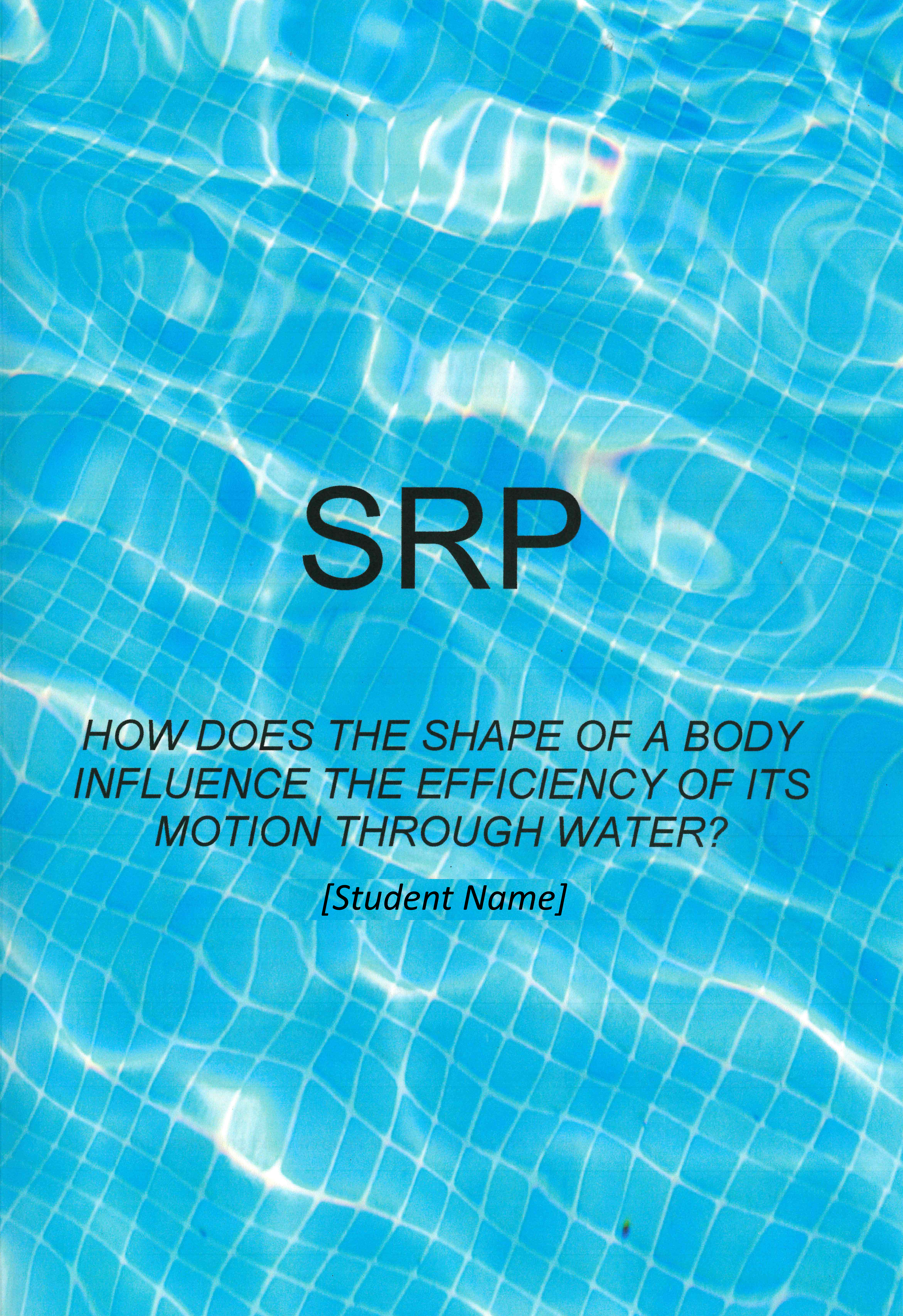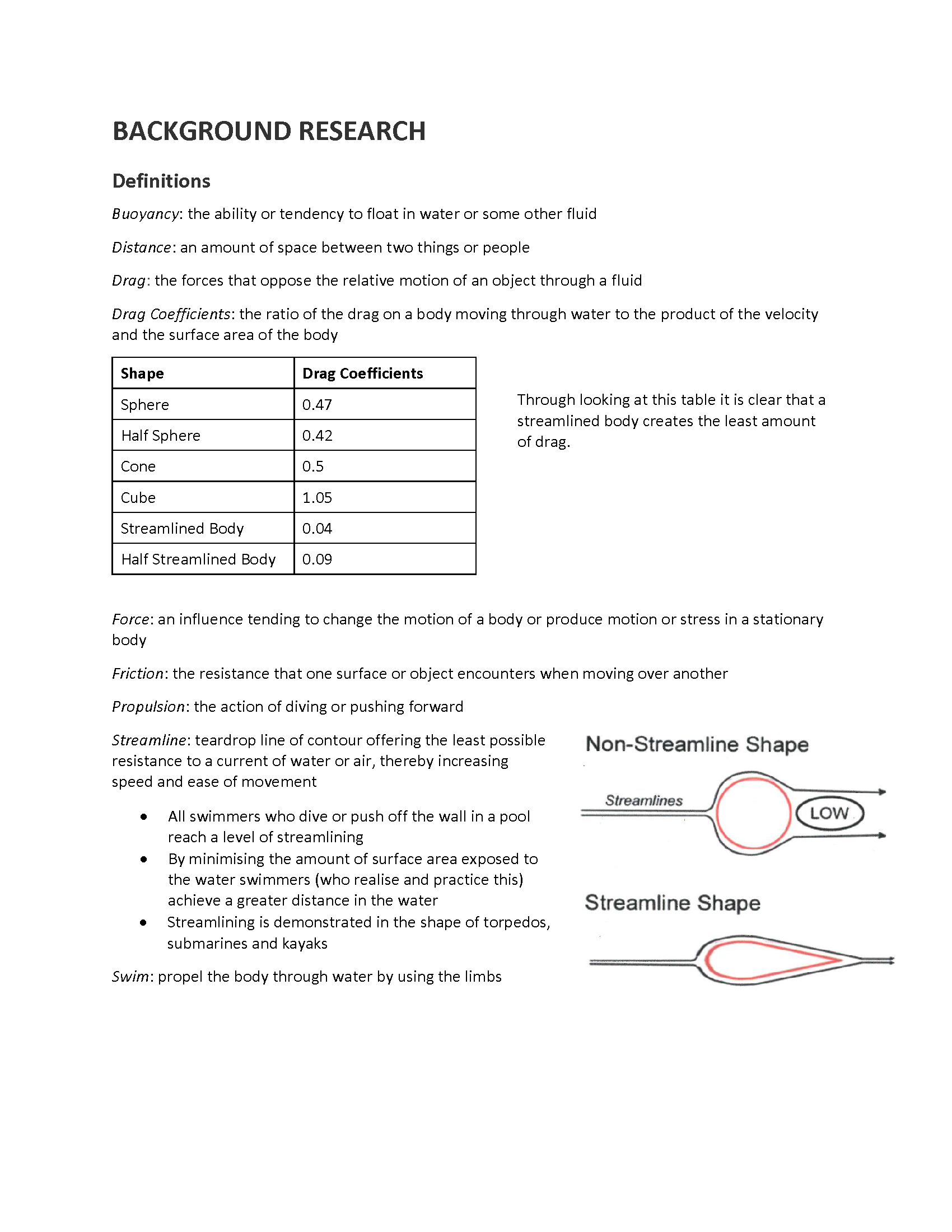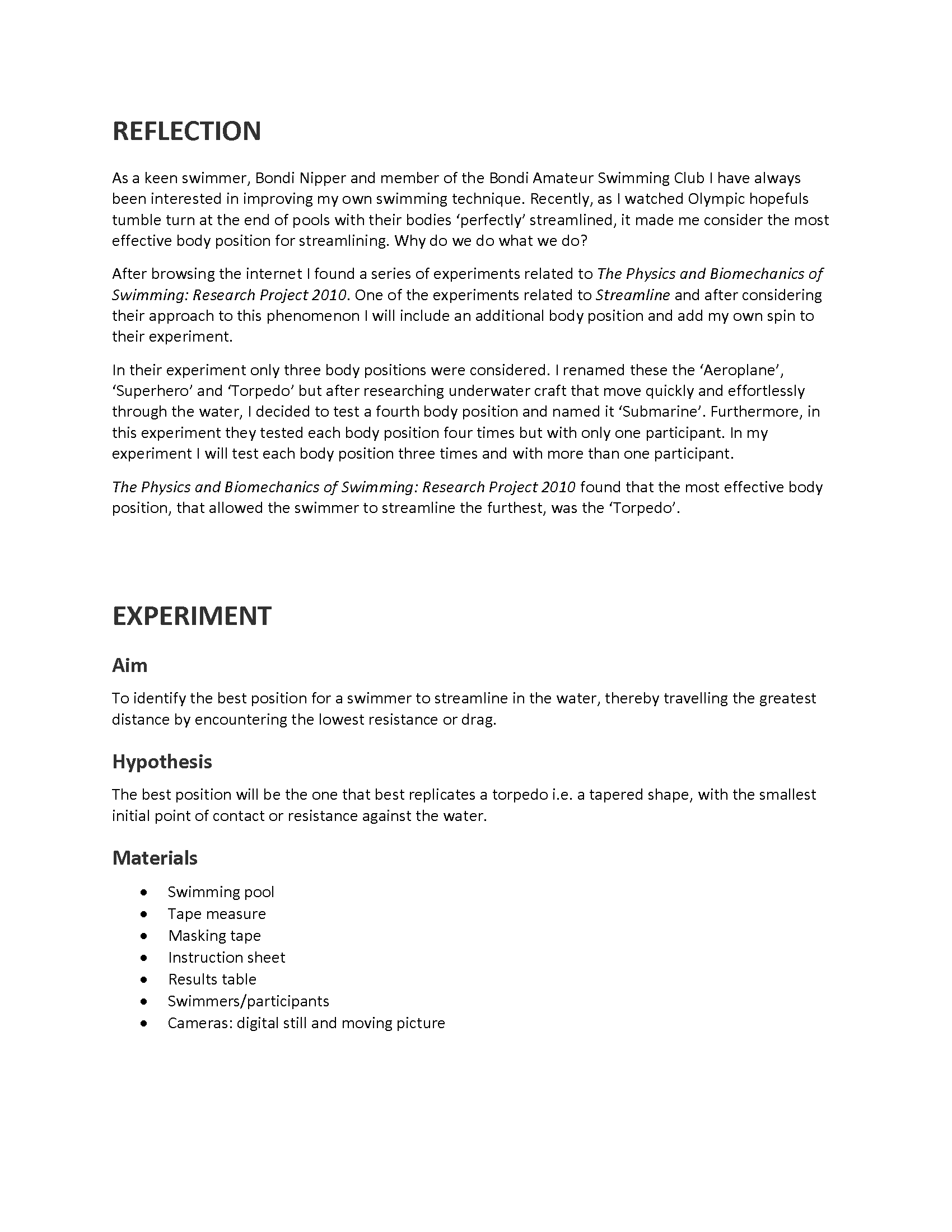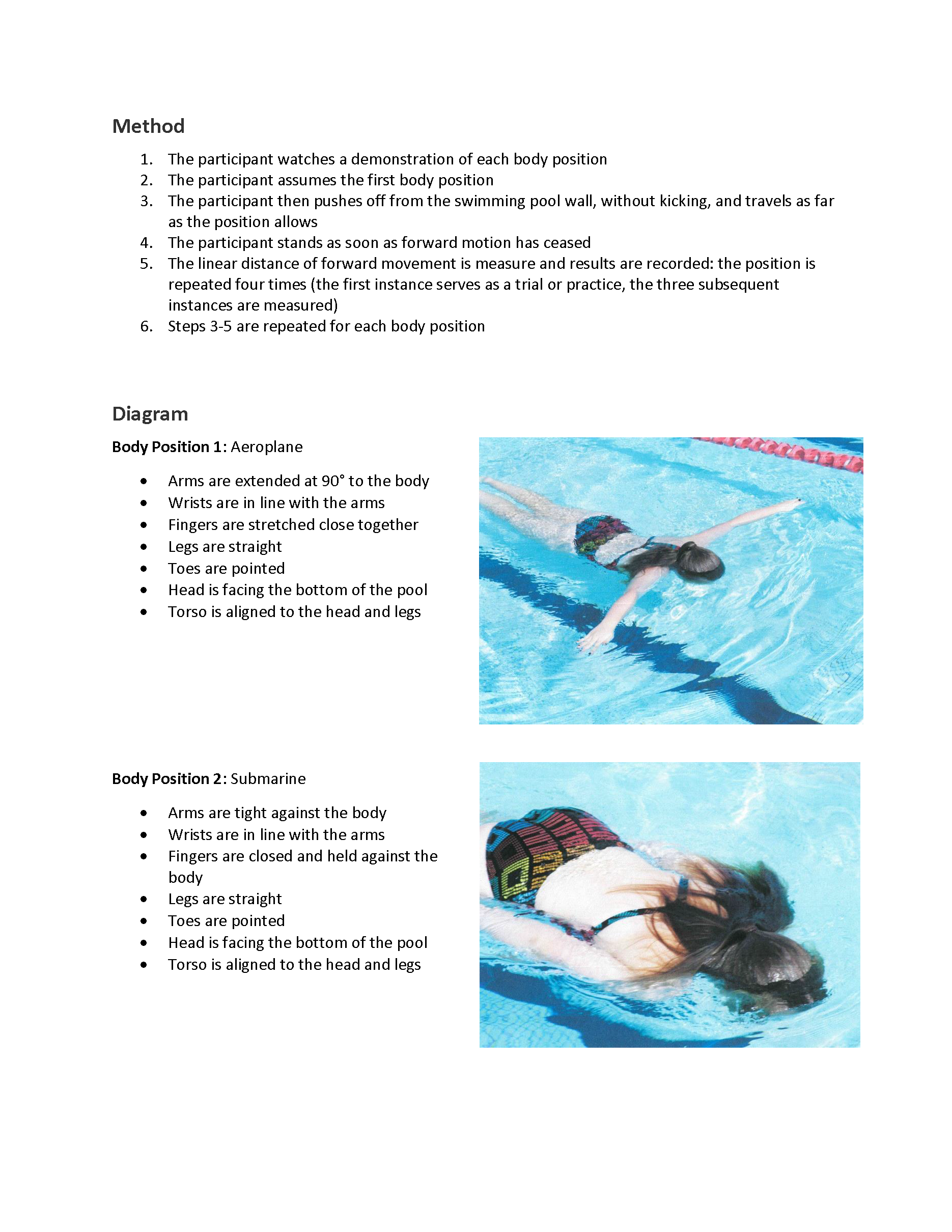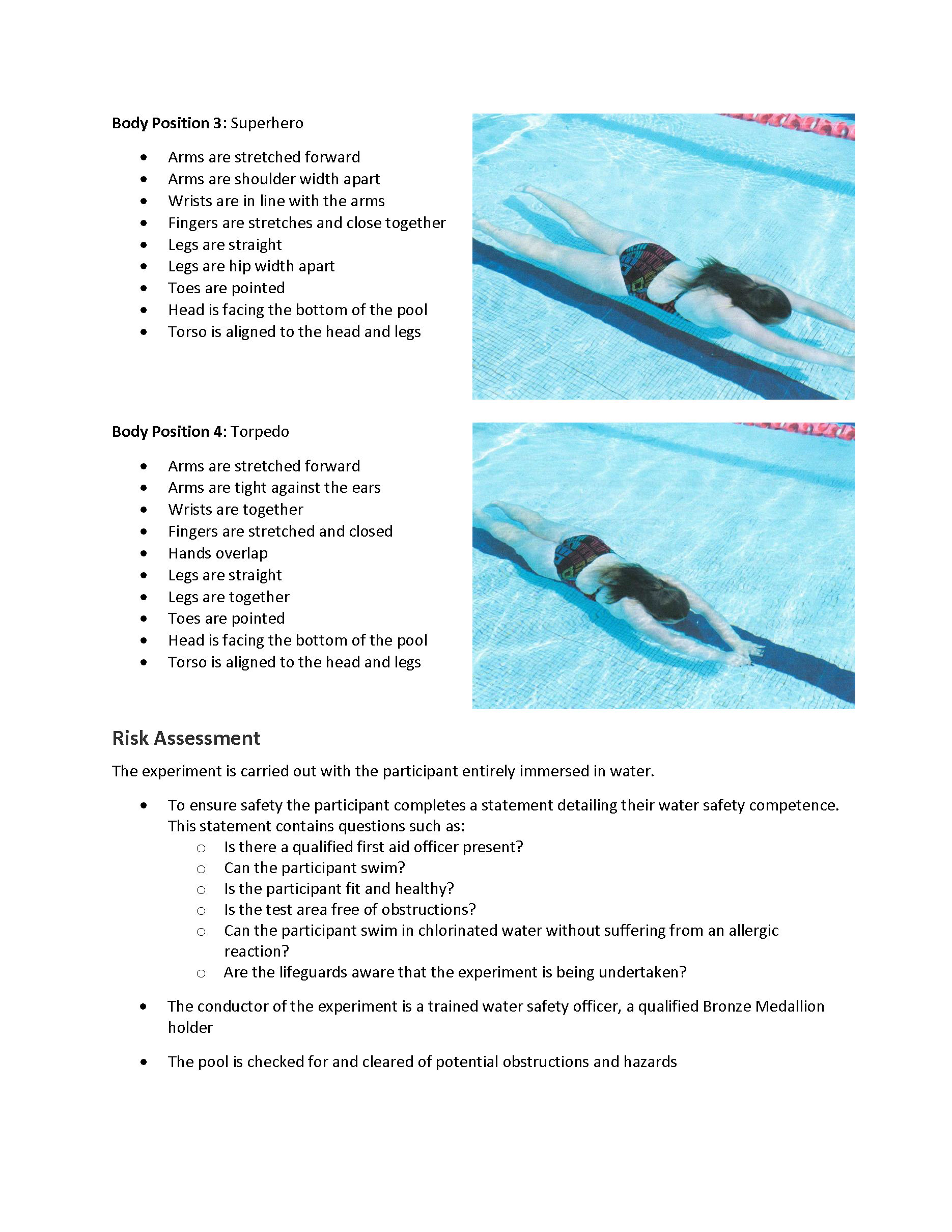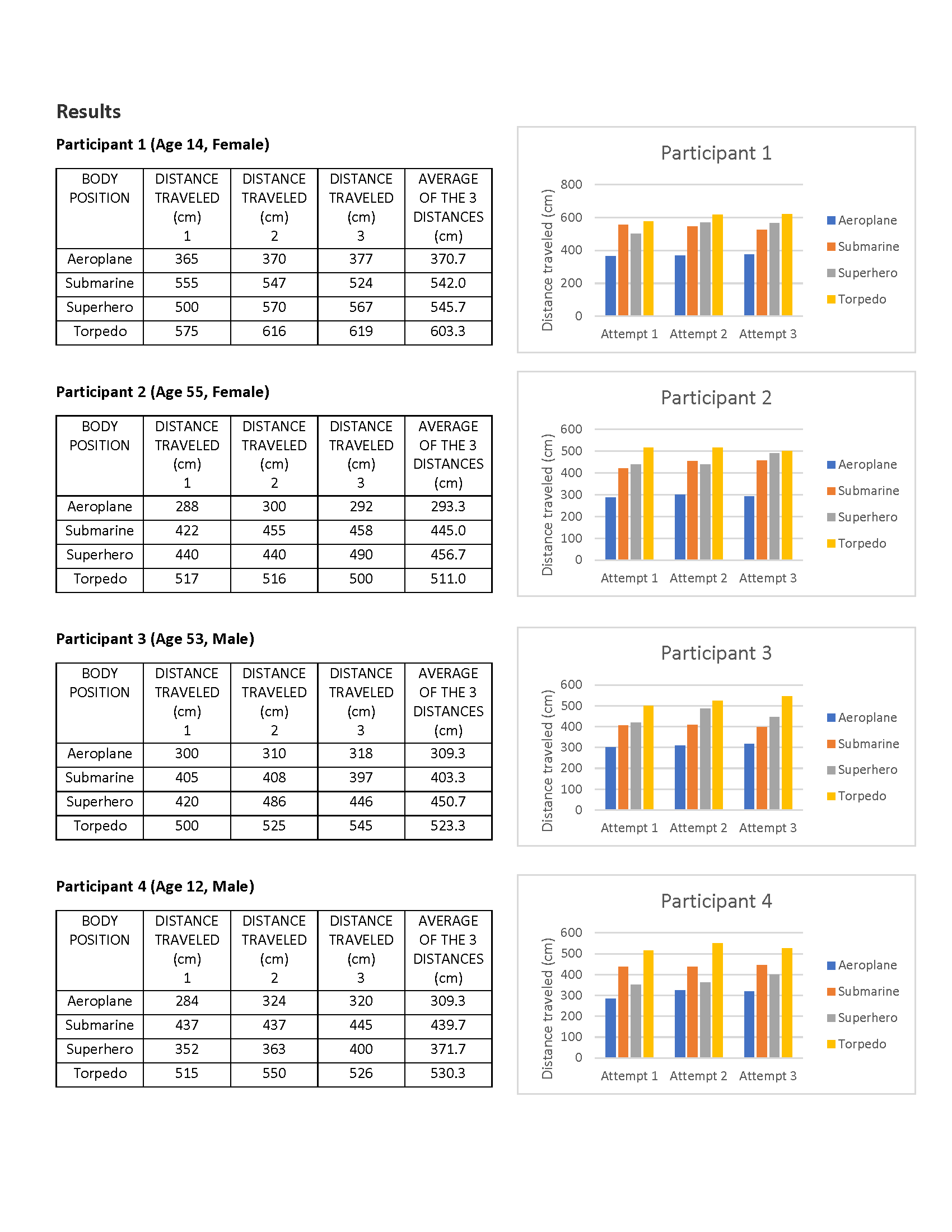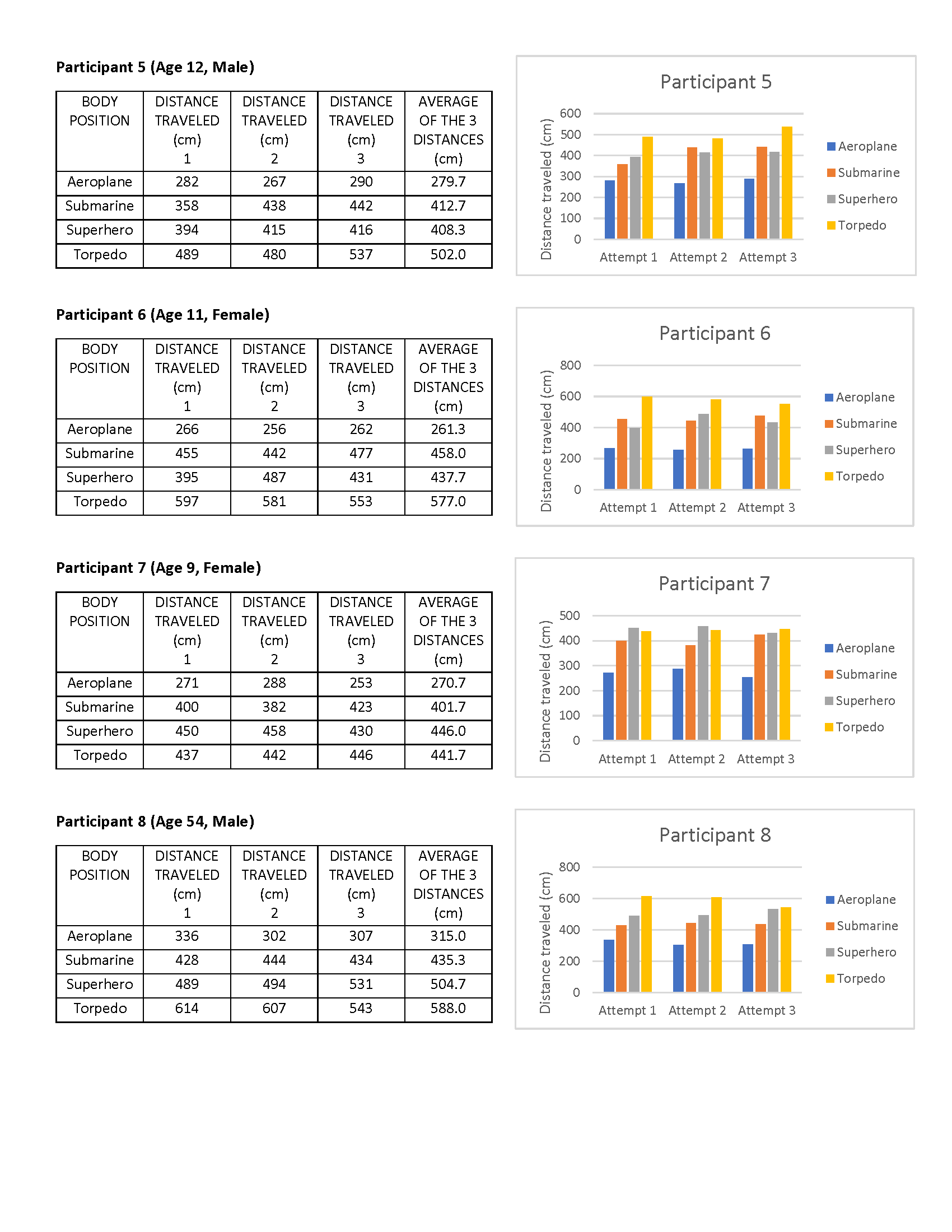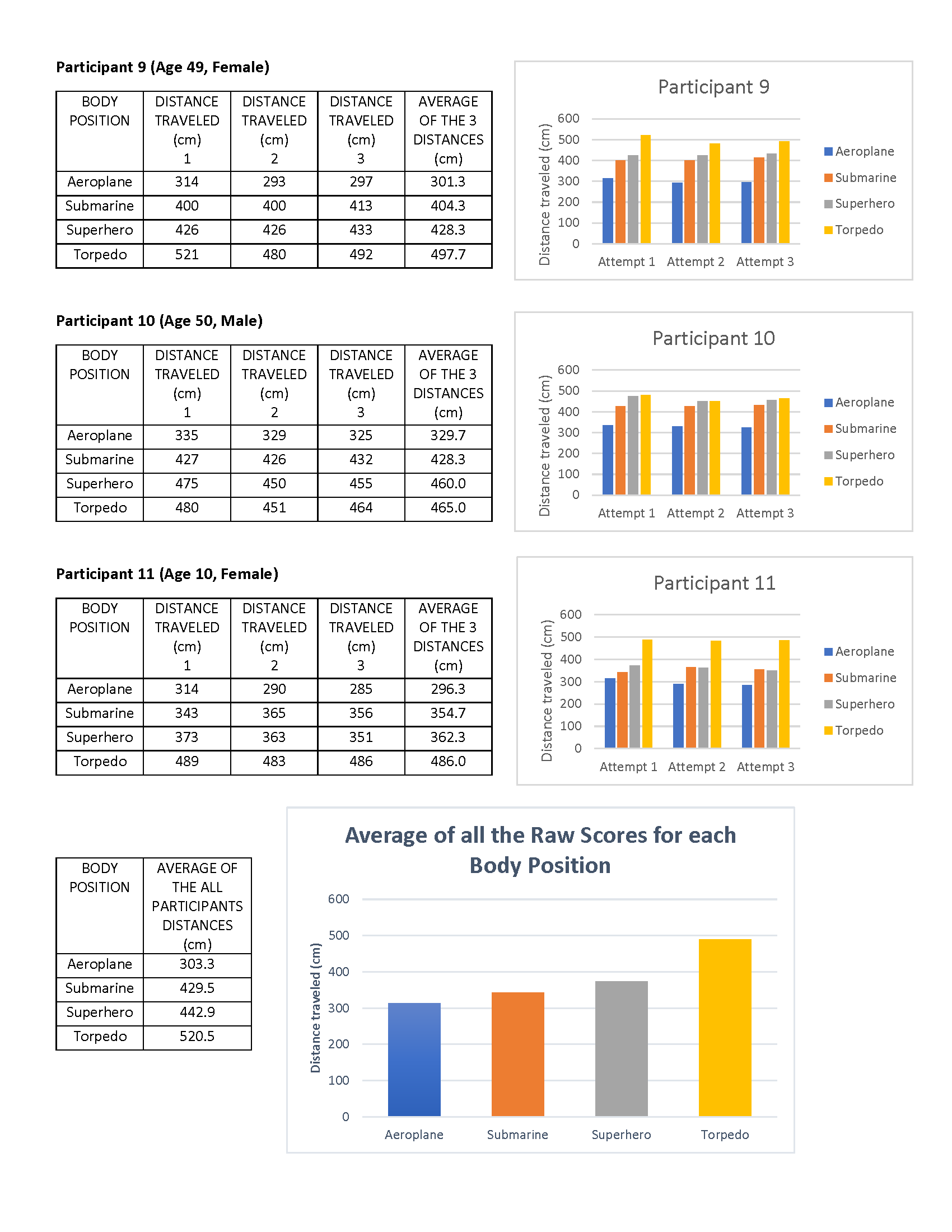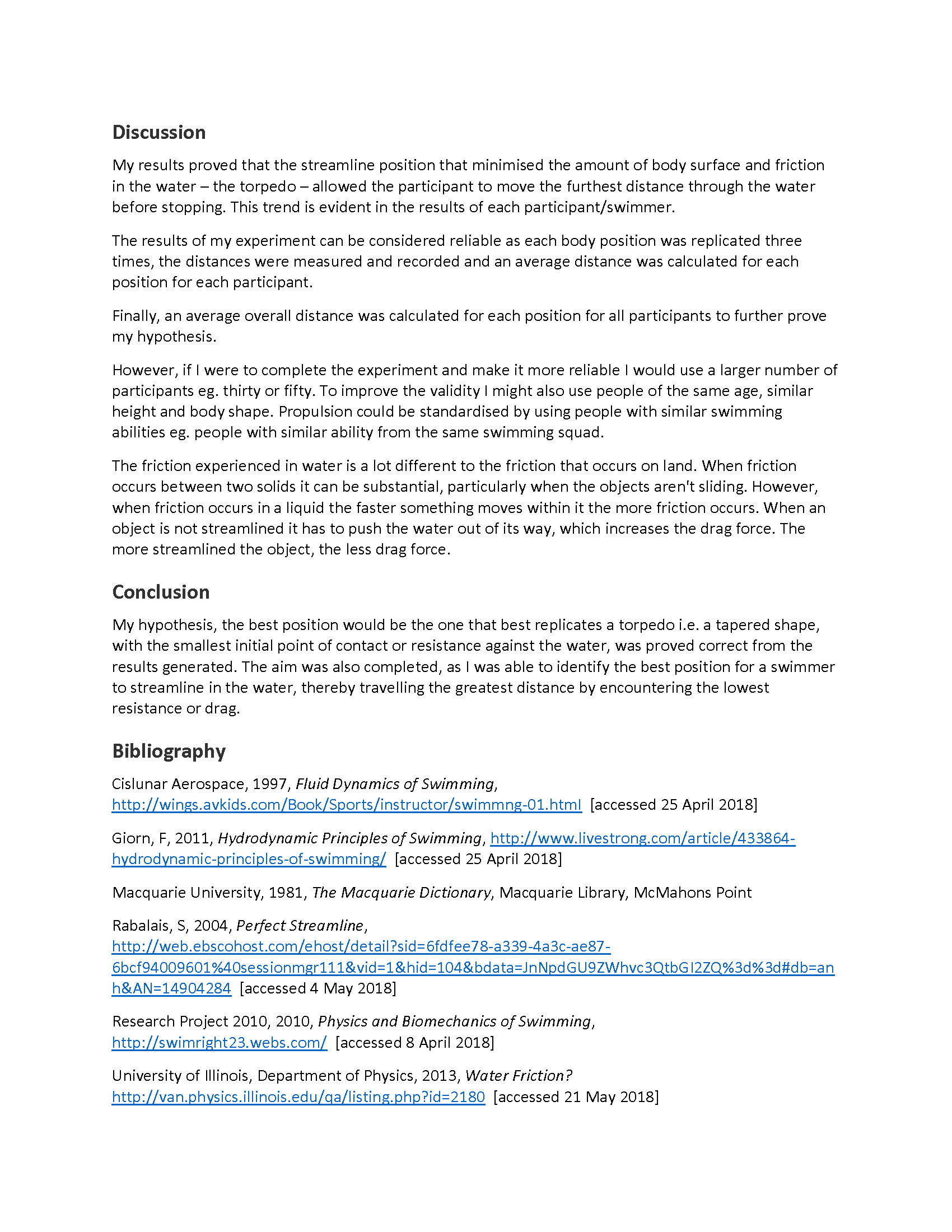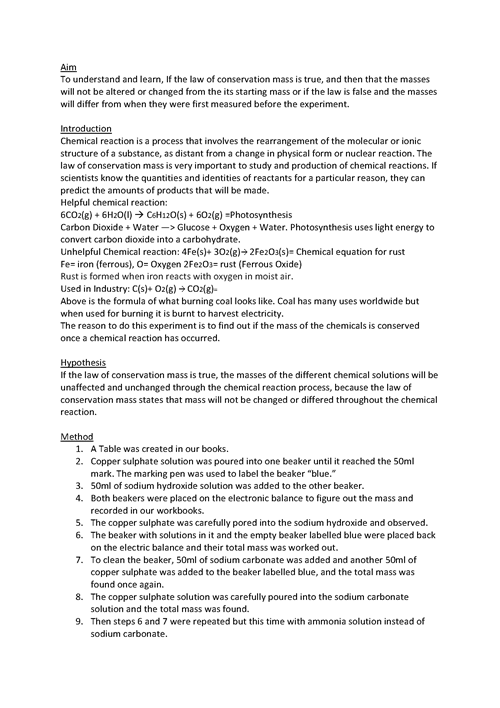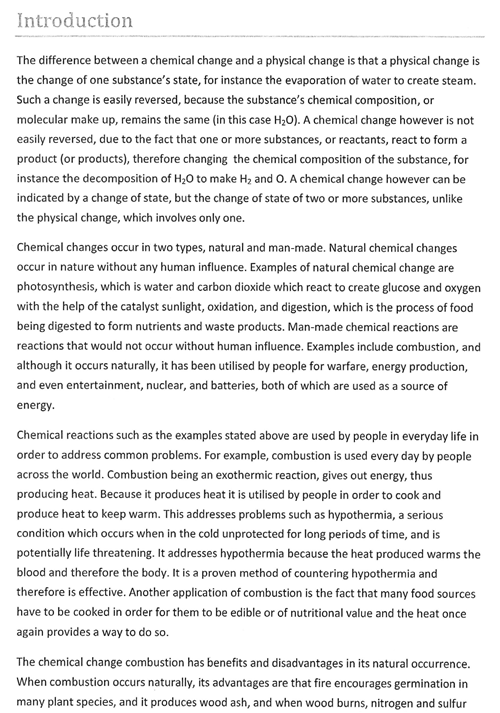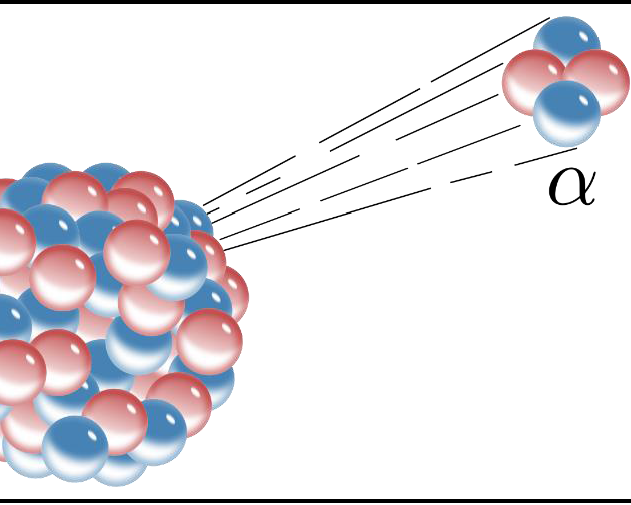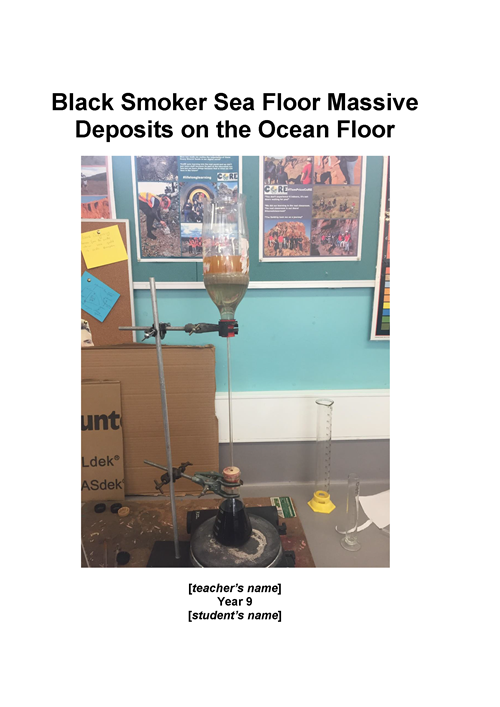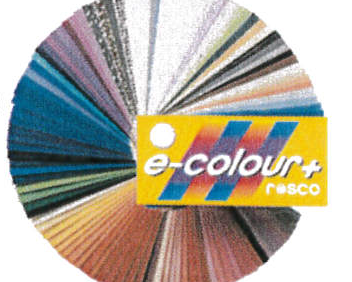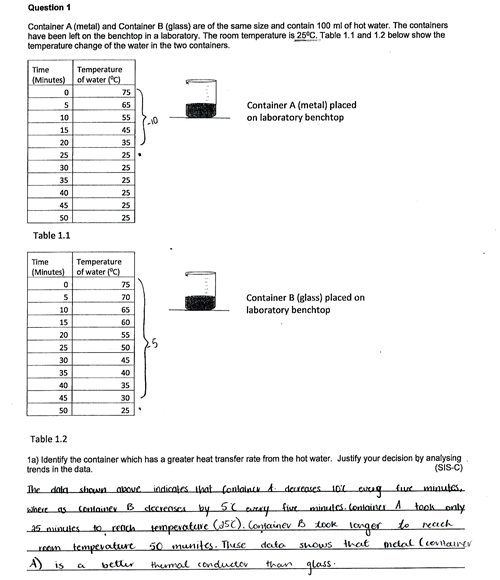Science research project
Summary of task
In previous Science teaching and learning units, students practised how to: identify questions that can be investigated scientifically, plan and conduct scientific investigations, collect and process data, and present their results in the format of a scientific report.
In this task, students were asked to individually plan and conduct an experimental investigation on a question of their own choosing. They were asked to submit a detailed research action plan and receive teacher feedback and approval before embarking on their investigation. Students were asked to present their results in the form of a scientific report. However, instead of the customary ‘Introduction’ section, students were asked to include a 'Background information' section in which to define and explain any scientific principles and terminology used, as well as a ‘Reflection’ on their choice of subject for the investigation, their research, and on the key decisions they made in their experimental design.
Students conducted their investigations in school and at home over the course of one month. Several lessons of class time were dedicated to researching and planning the investigation, as well as writing the report.
